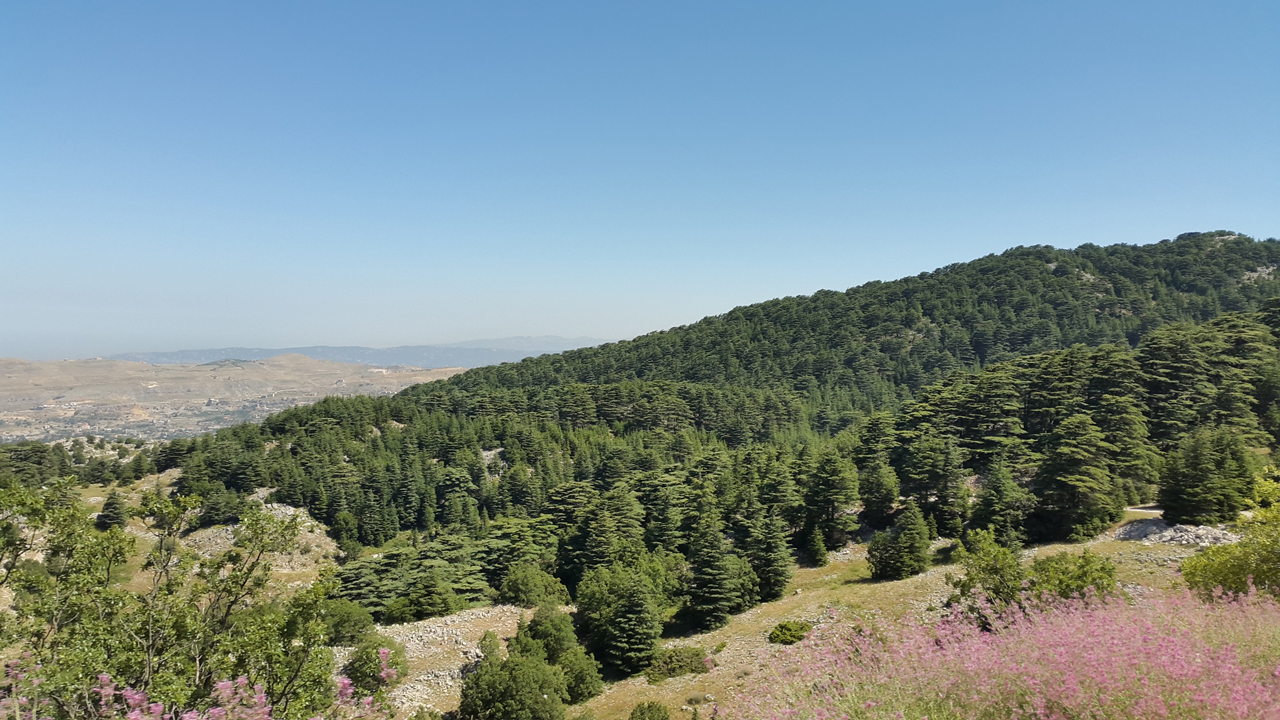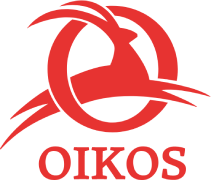ResiLAND
Climate change resilience through planning, training, and integrated land management actions

Country
Partner
The survival of protected areas in times of climate crisis
Lebanon's mountain ecosystems are among the areas most threatened by the climate crisis and resource exploitation. The Shouf Biosphere Reserve (SBR), the Jabal Moussa Biosphere Reserve (JMBR), and the Mount Hermon Nature Reserve (MHNR) host valuable ecosystems that support biodiversity and meet the needs of local populations. However, they face serious issues like deforestation, illegal land use, and environmental contamination. At the same time, local authorities and communities lack the tools and financial resources to carry out conservation efforts.
Sustainable management of mountain ecosystems is essential not only for protecting the biodiversity they harbor but also for ensuring a future for local communities. In collaboration with local authorities, protected area managers, and local populations, we aim to promote sustainable and integrated management of these three Reserves to increase local communities' resilience to climate change. We do this by strengthening the capacity of local actors in land-use planning and management, enhancing ecosystem services in priority sectors for each Reserve, and promoting innovative solutions for renewable energy production.
It all starts with training. We provide key stakeholders in each Reserve with effective and up-to-date tools for proper planning and management of agroforestry and pastoral landscapes.
We are also committed to restoring agroforestry and pastoral lands through large-scale environmental management interventions: rebuilding stone terraces, developing composting units using local farmers’ agricultural waste, implementing fire risk reduction measures, and promoting bioenergy.
In parallel, we are working to introduce biomass energy supply systems in public buildings and small and medium enterprises in the agricultural and eco-tourism sectors to reduce fossil fuel consumption.
Il progetto in numeri
180k
potabile in Tanzania
22k+
raccolti a Ibo, Mozambico
52k+
in Mozambico e Myanmar
11k+
di educazione nel mondo
200
di attività economiche
in Tz e Myanmar
1700
in Italia
1700
in Italia
52k+
in Mozambico e Myanmar
1700
in Italia

